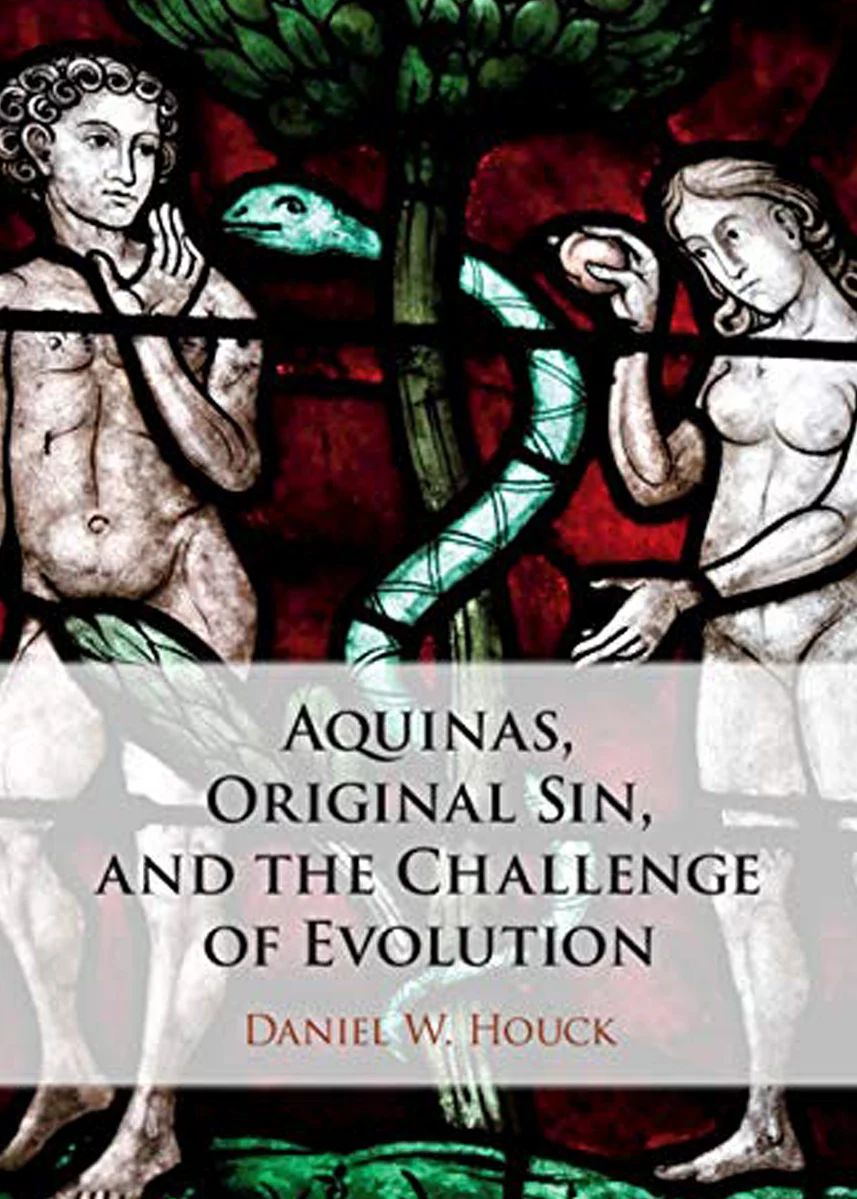Houck’s 'new Thomist' account of original sin as a fall into nature is compelling, offering as it does an account of our “fallen” predicament which treats Scripture and biology alike with full seriousness. And even readers who are not persuaded to adopt this account of sin will find much to appreciate in his subtle exegesis of Aquinas and his careful engagement with current debates in evolutionary biology.
Brendan Case
Human Flourishing Program, Harvard University
Modern Theology 37, no 2 (2021): 549–553.
It is a particular delight to come across a work of theology so well versed in science. Perhaps even more worthy of celebration, here is an author who recognizes that theological attention to science should be grounded in the detail of theological tradition. In addition to that, the publication of this book announces the arrival of a Thomist of stature, as rooted in the tradition of Aquinas as he is creative in putting it to work.
Andrew Davison
Starbridge Senior Lecturer in Theology and Natural Sciences, University of Cambridge
International Journal of Systematic Theology 23, no 2 (2021): 282–285.
Houck’s treatise is not an easy read, because Aquinas’s treatment of human nature and the effects of sin are complex. But Houck’s ability to make fine distinctions, combined with his intimate familiarity with Aquinas’s writings, make this an elegant piece of analysis. Houck has provided theological anthropology with some significant resources to tackle perceived challenges from fossils and genes.
Ralph Stearley
Professor Emeritus, Calvin University
Calvin Theological Journal 56, no 2 (2021): 335–341.
[He] offers an enjoyable and stimulating text aimed at retrieving a medieval take on an ancient doctrine for a modern audience. He treats the biblical and earlier patristic roots of the doctrine with the utmost seriousness as expressing a universal need among all human beings, including infants, for the deifying grace of Jesus Christ. Drawing on Aquinas, Houck proposes a ‘new Thomist view’ of this need, which can negotiate the challenges of evolutionary theory. However, whether in Thomist terms this successfully equates to a doctrine of original sin is by no means so clear.
Simon Gaine
Director and Pinckaers Chair in Theological Anthropology and Ethics, Angelicum Thomistic Institute
New Blackfriars 103, no 1105 (2022): 414-416.


